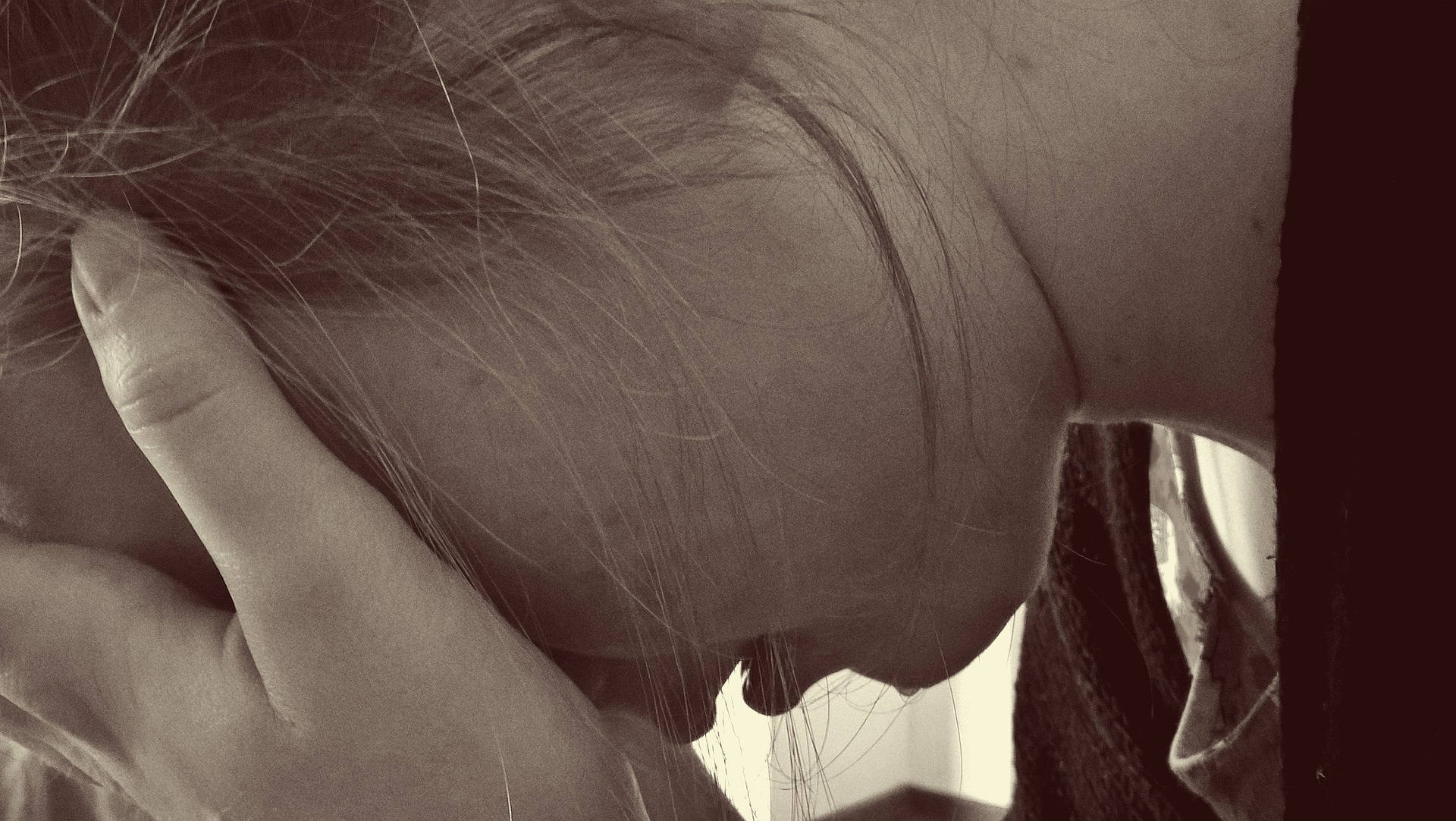Submitted by the Community Health Plan of Washington.
Spring is in the air, bringing joy to many Washingtonians, but behind closed doors, some may struggle with thoughts of suicide. We often associate the gloomy winter months with depression, but data actually shows that in spring, suicide rates skyrocket, especially among teenagers and the elderly.
During these months it’s especially important to understand how to identify people who may be suffering and how to navigate getting help. Depression is a disease – it is not a character flaw, and it doesn’t mean you are bad, weak or going crazy.
Feelings of depression can lead to thoughts about suicide. While people may feel helpless, hopeless and worthless, it doesn’t mean they want to die, but they may see suicide as an option to end pain.
While it’s hard to know what to watch for, warning signs of suicide may include:
• Talking about death, including killing themselves, feeling hopeless, having no reason to live, being a burden, feeling trapped in life, or being in unbearable pain.
• Experiencing moods that reflect depression, anxiety, loss of interest, irritability, shame or agitation.
• Engaging in certain behaviors, like increased alcohol or drug use, searching online for a way to end their life, withdrawing from activities and loved ones, dramatic sleep changes or going out of their way to say goodbye to people.
It’s important to note that these are warning signs and do not necessarily mean that the person is planning to do something. However, it’s critical to take any mention of suicide seriously. If you are concerned about someone, don’t be afraid to ask what’s wrong or bring up the subject of suicide. Offer your support by being kind and patient, offering to help and reassuring the person that they will get better with the right kind of treatment.
If someone you know is threatening suicide, Healthwise encourages the following steps to get help immediately: Call 911, the police or a suicide hotline – the National Suicide Prevention Lifeline’s phone number is 1-800-273-8255. Stay with the person. If you can’t, ask someone you trust to stay with them. Encourage the person to seek professional help. Don’t argue with the person (“It’s not as bad as you think”) or challenge the person (“You’re not the type to attempt suicide”). Tell the person you do not want them to die.
Community Health Plan of Washington’s online Mental Health Resource Center (https://www.chpw.org/for-members/mental-health-resources/) is free and aims to ensure people across Washington have access to information they need on mental health. The anonymous tool offers access to providers, crisis helplines, local support groups and information on managing mental health conditions.



